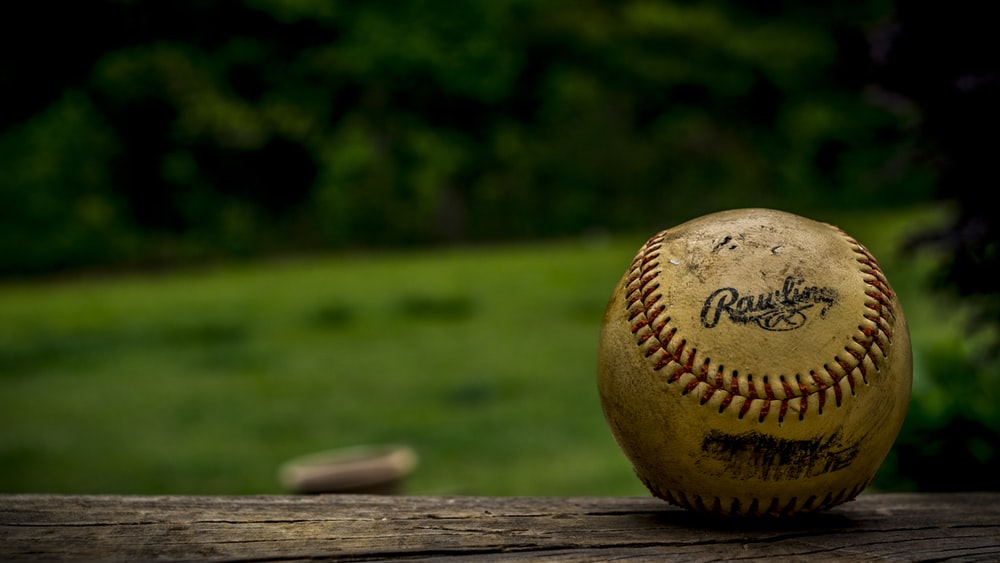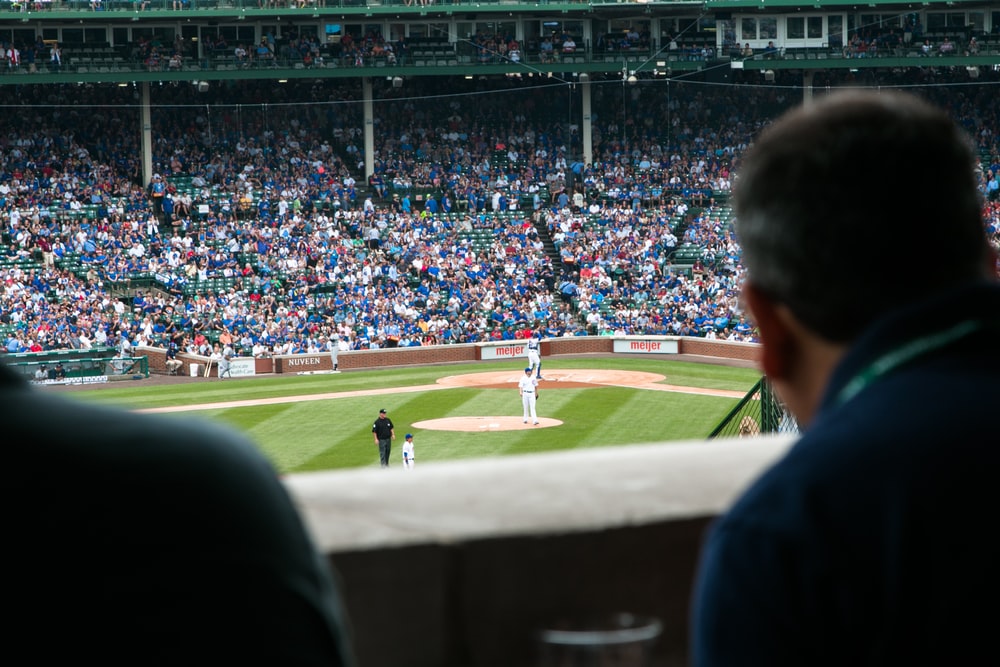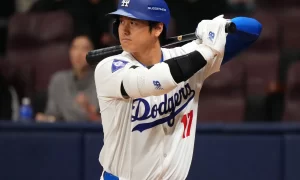All Star Allure

In a small town, on a worn-down field, a dozen young players sit and kneel along the baseline by the first base dugout. They’re silent, attentive, eyes fixed on the back of a clipboard. On the other side of that clipboard is a list of names and a coach who will announce them. Some kids hold their breath. It’s the all-star roster. Ideally, it’s validation for a solid season, dedication and improvement. It’s meant to highlight the best players in the league, and most players willing to dedicate their time and sweat to practice, schedules and league play want to be on that list. League politics aside, the youngsters on that list go home elated, thirsty for the competition of other elite players.
Many fans feel that the MLB All-Star roster should be no different: It should include the standout players in the league, and the players should get excited about being selected and about competing both with and against a hand-picked selection of the league’s elite. Perhaps it is a romantic view of the game. Perhaps it’s a cultural standard that fans have set for America’s pastime. Regardless, All-Star Week thrives because of fan engagement, and fans want to see that players care (or that they at least show the semblance of caring). Now, this hasn’t always been the case. Much like the Pro Bowls and the NBA All-Star games of years’ past, the MLB has seen players snub their invitation to play in the All-Star game or has seen players on half-throttle, caring barely enough to break into a jog. Thank goodness, this year’s All-Star game delivered on its promise, showcasing starting rosters filled with the top teams’ marquee players.
The Derby
For the viewing public, the quality and entertainment value of All-Star Week lie primarily in the Home Run Derby and the All-Star game. This year, both events featured highlight-reel players making highlight-reel plays — and fans dialed in to witness — starting with the opening round of the Derby.
In what was a record-setting first round in which Vladimir Guerrero Jr. hit 29 home runs (ending the night with a total of 91 home runs, coming in second in Home Run Derby history). It went on to be an epic Derby, down to the wire. Of course, it’s not only Vlad’s monster performance that mattered. It was the level and intensity of competition evident through every round until the curtains closed with the Mets’ Pete Alonso walking away the winner. What also mattered was the effort: Seeing the players exhausted pushing through the final rounds like heavyweights in round 12 of 12. They cared — and it showed. You don’t have to beg fans to stay tuned to All-Star events like that; they won’t blink. In a post-Derby interview, even Alonso said: “I’m gonna remember that for the rest of my life.” After countless 400-plus-feet longballs and back-and-forth swings on the leader board, fans are likely to store this one away in memory, too.
All-Star Allure

If we’re comparing All-Star weeks among the NFL’s Pro Bowl, the NBA’s All-Star events and this year’s MLB All-Star events, the MLB has set quite a high bar. Do you want elite talent from the league’s top teams? This year, approximately 20 players from the Dodgers, Yankees, Astros and Braves — the top four teams favored by Oddschecker to win the World Series — appeared on the rosters. For instance, the AL and NL starting lineups featured the likes of Justin Verlander and Alex Bregman (Astros), Hyun-Jin Ryu and Cody Bellinger (Dodgers), Freddie Freeman and Ronald Acuna, Jr. (Braves), and DJ LeMahieu (Yankees).
Among those stars, too, was Pete Alonso. While participating in the preliminary event to an actual All-Star game — i.e., the dunk contest, the Home Run Derby, the NFL Skills Challenges — may offer an out for some players who’d rather not play in the game itself, Alonso won a hard-fought Home Run Derby and participated in the All-Star game. That’s a player fans can get behind. And, boy, did he put on a show.
On the mound, we saw the best arms in the league, with a look at the league’s premier talent in starting pitchers Justin Verlander and Hyun-Jin Ryu. Not only does the matchup foreshadow a potential postseason meeting between the two, but it also shows two contrasting demographics in the league. On the one hand, we have Verlander: 36, well over a decade in the league, played college ball. On the other hand, Ryu is 32 with under five years in the league, no college experience. The old guard versus the new. Ryu, with an ERA of 1.73, and the rest of the young All-Stars put on a convincing display that the new guard is leading the charge.
If the fear of injury is present for some All-Star participants, it’s for sure a pressing concern for the pitchers. No pitcher wants to — or should expect to — max out his pitch count in the All-Star game. At least we don’t expect the longevity we might see during the regular season or playoffs. It’s understandable, then, that most pitchers threw for only one to two innings. It’s even more understandable when you consider that (at least for the All-Star game) that fans want to see a variety of pitchers rather than seeing the starters try to outlast one another. What’s key is that the top names showed up, and fans got a glimpse of some potential playoff pitching duels, especially Verlander and Ryu.
This dedication and willingness to be present serves players, and the league, well because it connects. Fans who were once players remember the excitement and magnitude of all-star selection and play. They remember that it was an honor, of sorts. Even those who didn’t play expect that pro players should respect the honor bestowed upon them through All-Star selection at the highest level of the game. Seeing the same emotions, the same respect and same gratefulness manifested at the professional level highlights the all-star’s love of the game — the fascination and fiery competitiveness that so many athletes (and siblings) have felt at some point. And for viewers more intrigued by the celebrity events than the All-Star events, it’s a condensed version of the allure of baseball, highlighting the energy of the game more concisely than the average regular-season matchup ever could.














